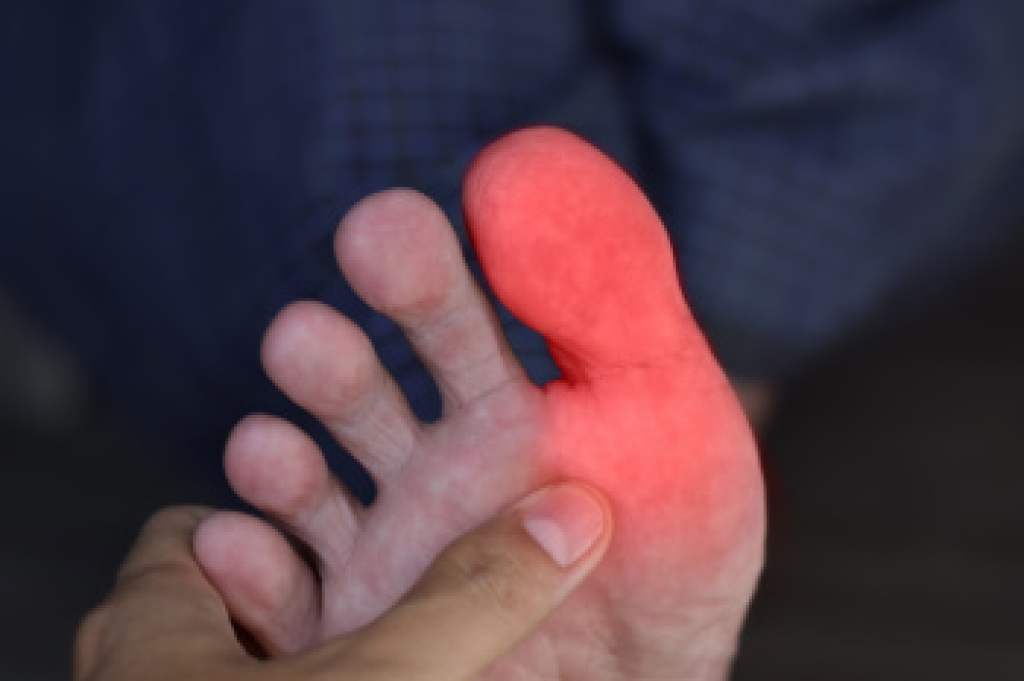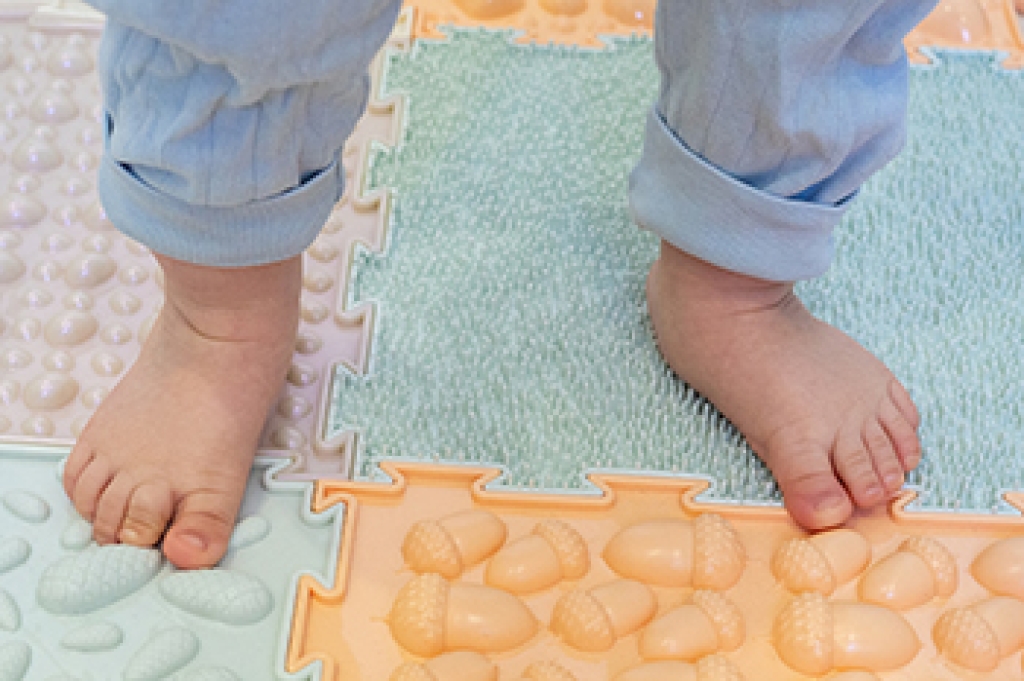
Falls are a common risk in pickleball, affecting both beginners and seasoned players. For newer players, unfamiliarity with movement patterns increases the likelihood of missteps. Experienced players, despite their skills, often face risks due to overconfidence or fatigue during intense games. Wearing proper pickleball-specific shoes is essential for maintaining traction and stability on the court. One key safety tip is to avoid backpedaling when retrieving lobs, as this movement can easily lead to loss of balance. Instead, turning and moving forward is a safer approach. Improving balance and agility through targeted exercises can also significantly reduce fall risks, keeping you steady during sudden directional changes. If a fall has resulted in foot or ankle pain, it is suggested that you consult a podiatrist for timely care and recovery.
Preventing falls among the elderly is very important. If you are older and have fallen or fear that you are prone to falling, consult with Soorena Sadri, DPM from FootWorx Active Podiatry. Our doctor will assess your condition and provide you with quality advice and care.
Every 11 seconds, an elderly American is being treated in an emergency room for a fall related injury. Falls are the leading cause of head and hip injuries for those 65 and older. Due to decreases in strength, balance, senses, and lack of awareness, elderly persons are very susceptible to falling. Thankfully, there are a number of things older persons can do to prevent falls.
How to Prevent Falls
Some effective methods that older persons can do to prevent falls include:
- Enrolling in strength and balance exercise program to increase balance and strength
- Periodically having your sight and hearing checked
- Discuss any medications you have with a doctor to see if it increases the risk of falling
- Clearing the house of falling hazards and installing devices like grab bars and railings
- Utilizing a walker or cane
- Wearing shoes that provide good support and cushioning
- Talking to family members about falling and increasing awareness
Falling can be a traumatic and embarrassing experience for elderly persons; this can make them less willing to leave the house, and less willing to talk to someone about their fears of falling. Doing such things, however, will increase the likelihood of tripping or losing one’s balance. Knowing the causes of falling and how to prevent them is the best way to mitigate the risk of serious injury.
If you have any questions, please feel free to contact our office located in Fort Myers, FL . We offer the newest diagnostic and treatment technologies for all your foot care needs.




